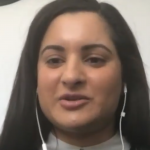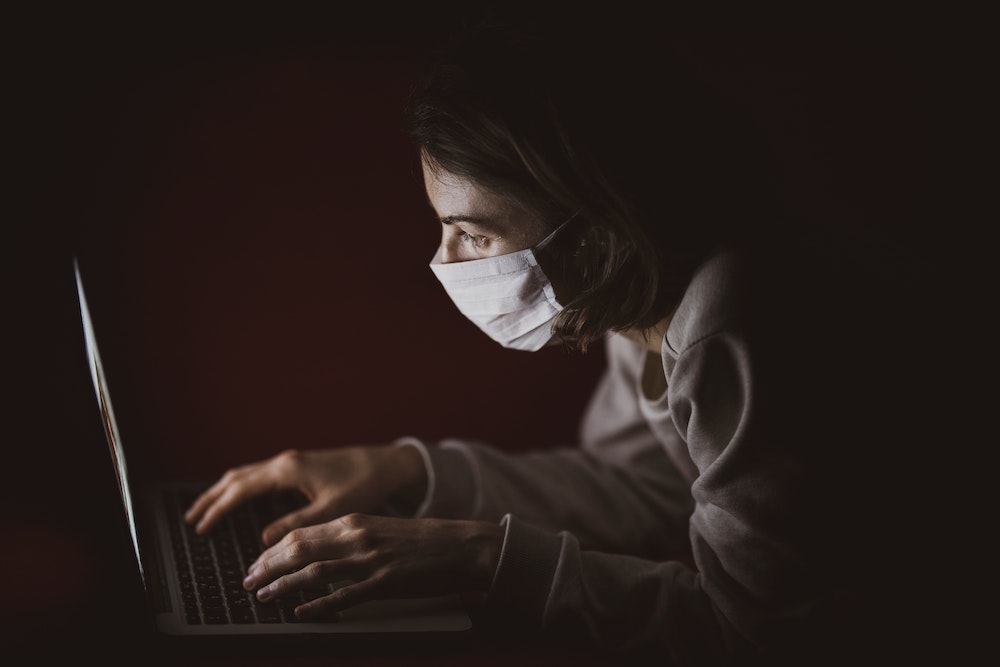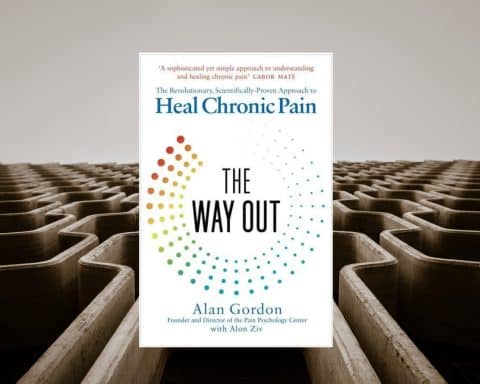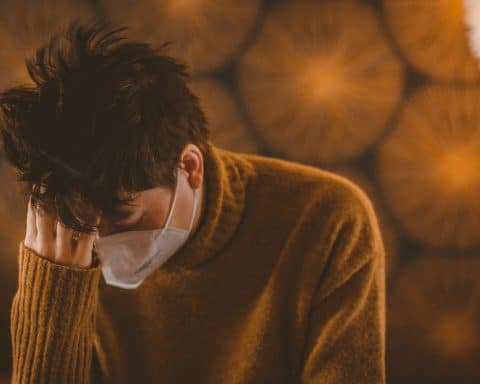 Komal Chadha is a salaried GP in London.
Komal Chadha is a salaried GP in London.
Upon hearing the World Health Organization report° that a novel coronavirus had caused a respiratory illness in Wuhan, Hubei Province, China, I didn’t think it would have much of an effect on me as a GP working in inner city London. How wrong I was.
Fast forward ten weeks to a position where patients cannot even leave their homes and a visit to the GP requires speaking to a clinician on the phone first. I am one of the lucky ones who had remote access set up before the pandemic kicked off. Many GPs, however, are not in this position, leaving the workforce short staffed with an estimated 1 in 4 doctors off sick or in isolation° and with waiting times to obtain remote access sometimes many weeks long. As I sit here writing this, in isolation with my husband who also works in the NHS, I reflect on how the landscape of general practice in the UK has changed forever.
It is not in our nature to say ‘no’ to a patient’s request to see a clinician. General practice is about having that human touch and getting to know patients and their families. However, we now say no to all but the most essential of patient contacts to protect both them and our practice staff. Most patients are understanding, but for some a visit to their GP may have been the only reason to leave the house. I worry for these patients and how the social distancing and self-isolation will have the biggest impact on them and their mental health.
We are all working outside of our comfort zone, hoping that our remote reassurances are enough.
We are all working outside of our comfort zone, hoping that our remote reassurances are enough, but also knowing that we cannot unnecessarily burden our secondary care colleagues at this crucial time. The sheer volume of information we have absorbed in these past weeks, from new guidelines to new services, to new ways of working, surely counts as our year’s quota of learning! We hope that our governing bodies will support us and understand the balancing act we are trying to perform and the risks we shoulder. A reduction in secondary care services leaves us to deal with the rest. What will happen when the floodgates open again? Will our patients continue to understand the immense strain the NHS is likely to be under for the coming months or will the claps be just a distant memory?






